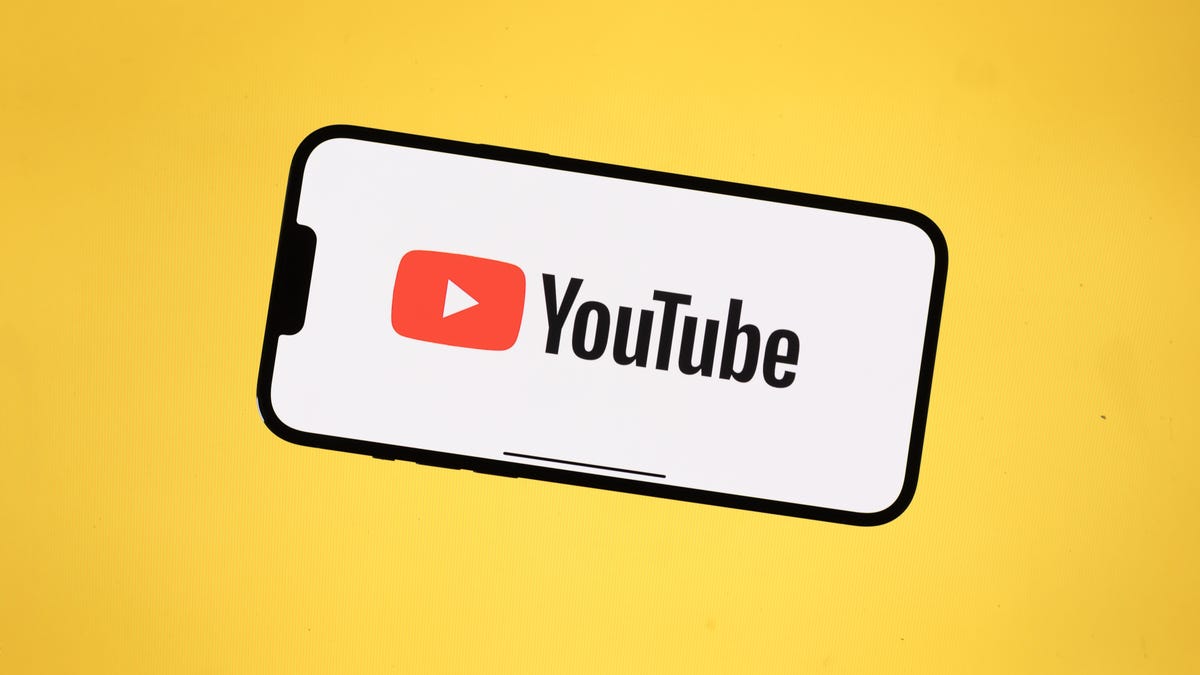YouTube Bans Videos Denying or Trivializing Russia's Ukraine Invasion
Google's YouTube also intensified its blockade on Russian state-backed media channels and clamped down on more ways YouTube generates money in Russia.

YouTube has more than 2 billion monthly visitors.
YouTube said Friday that it's intensifying its response to Russia's invasion of Ukraine, including ratcheting up video removals to any content denying or trivializing the invasion, widening its blockade of Russia state-funded media channels, and disabling additional moneymaking features of YouTube in Russia.
YouTube -- with 2 billion monthly users and an inextricable link to the world's most pervasive internet search engine -- is one of the most impactful sources of online information on Earth. YouTube's moves Friday are the latest examples of how the big tech industry has become more actively involved in countering Russian aggression than in past military conflicts.
Previously, YouTube was restricting access across Europe to Russian state-controlled media outlets RT and Sputnik; it had disabled advertising in Russia, which is the main way YouTube and many uploaders make money; and it earlier said it had removed "hundreds of channels" and "thousands of videos" related to the conflict that were violating existing policies.
Now, YouTube said, it's removing content about Russia and Ukraine that violates a policy against denying, minimizing or trivializing well-documented violent events. YouTube has removed more than 1,000 channels and 15,000 videos related to the war across a range of policy violations, the company said. (For context, in any given quarter, YouTube removes multiple millions of both videos and channels.)
YouTube is widening the block on access to channels associated with Russia state-backed media. Once limited to Europe, access will be blocked globally. "This change is effective immediately, and we expect our systems to take time to ramp up," it added.
And after pausing all YouTube ads in Russia, the company is extending the pause to all methods of monetizing YouTube in Russia. This will not only affect Google's own revenue generation in Russia, but presumably it will also cut off Russia-based creators from making money directly through their YouTube channels.
More streaming advice
- 10 Ways to Save Money on Streaming
- How to Cut the Cable TV Cord in 2023
- See More at Streaming TV Insider

